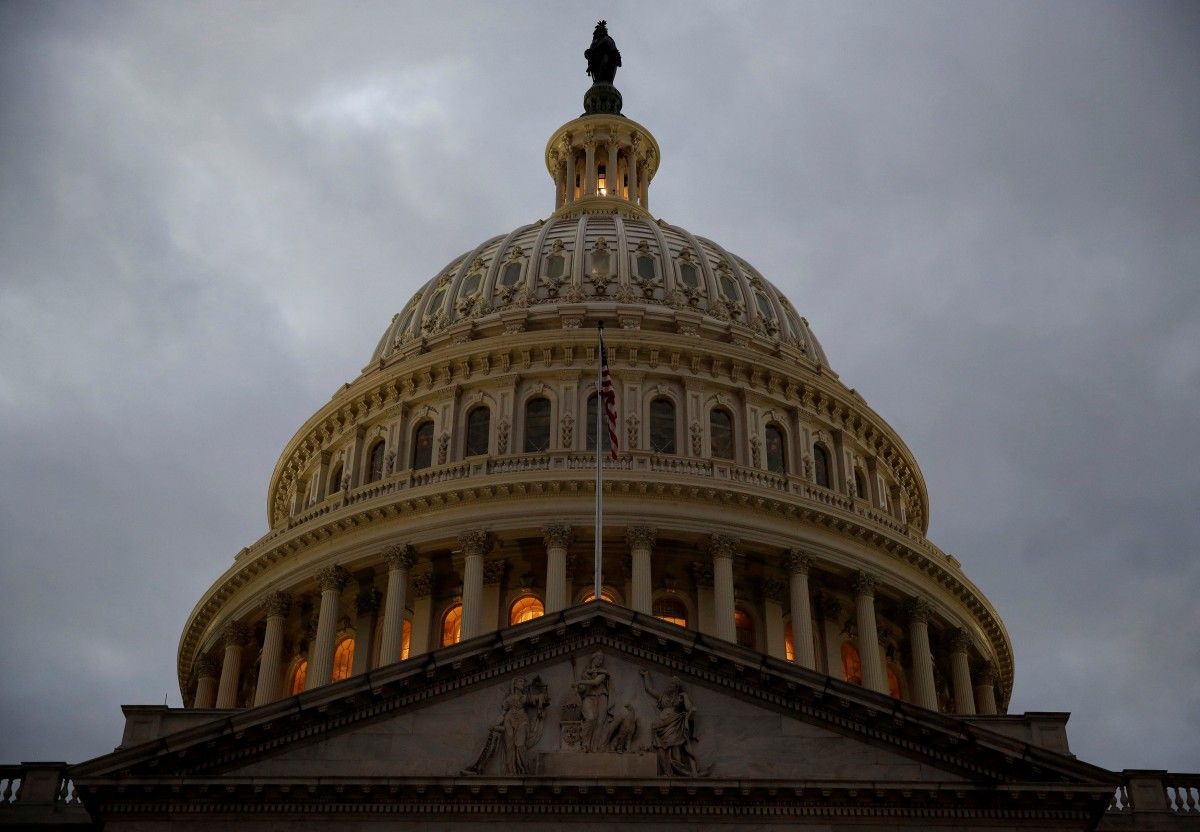
The heads of the lead U.S. intelligence agencies warned that Russia intends to use cyberattacks, more propaganda, and other tactics to try and influence upcoming elections for the U.S. Congress and in some European countries.
Testifying before the Senate Intelligence Committee on February 13, the directors of the CIA, the FBI, the National Security Agency, and three other spy agencies all agreed with the assessment that Moscow had not curtailed its efforts to influence U.S. politics since the 2016 presidential election, Radio Liberty reports.
Read alsoRussian hacker elaborates on Moscow’s meddling in U.S. elex"Persistent and disruptive cyberoperations will continue against the United States and our European allies using elections as opportunities to undermine democracy," Dan Coats, the director of national intelligence, who serves as head of the 17-member U.S. intelligence community, told lawmakers.
"At a minimum, we expect Russia to continue using propaganda, social media, false-flag personas, sympathetic spokespeople, and other means of influence to try to exacerbate social and political fissures in the United States," Coats said.
"This is not going to change or stop," Admiral Michael Rogers, director of the National Security Agency, told the panel.
In a report released in January 2017, U.S. intelligence agencies concluded that Russia engaged in a hacking-and-propaganda effort aimed at influencing the 2016 vote.
Moscow has repeatedly denied the accusations.
Three different congressional committees are investigating either that campaign or interactions between Russian officials and current and past associates of President Donald Trump.
A separate Justice Department investigation has resulted in the indictments of two former associates and guilty pleas from two others, including Trump's first national security adviser, Michael Flynn.
"Throughout the entire community, we have not seen any evidence of any significant change,” Coats told lawmakers.
Trump has downplayed the intelligence community's conclusions about Russian actions in 2017. He has also repeatedly voiced more conciliatory rhetoric about Russia and relations with the United States, which are at lows not seen since the Cold War.
The intelligence chiefs' testimony coincided with the release of the government's annual intelligence report on global threats. The report details the risk of conflict with North Korea, as well as the longtime rivalry between Saudi Arabia and Iran.

